Messi brings glory years in Europe to a close with Miami transfer
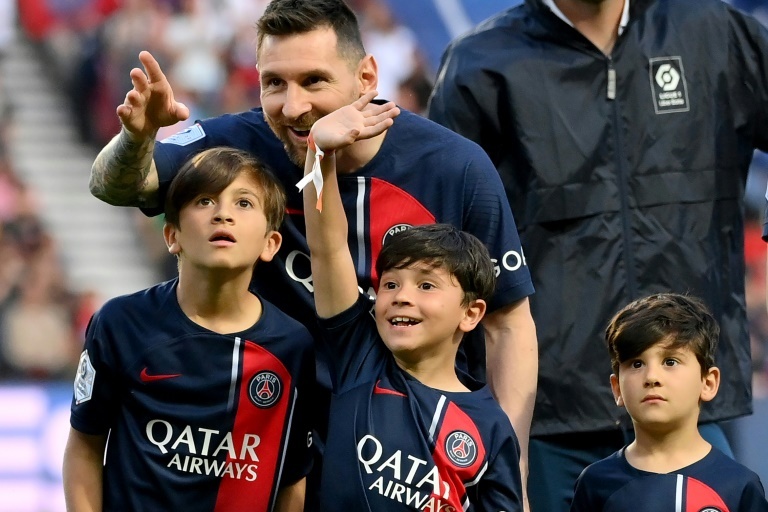
About to turn 36, Lionel Messi could hang up his boots content that his glorious career is complete after he led Argentina to victory at last year's World Cup.
2 years ago
The Barcelona legend has secured his legacy as the best of his generation and perhaps now sits on the podium of all-time greats alongside the late Pele and Diego Maradona.
Yet he is clearly not ready to quit the game just yet, following the end of his two-year stay at Paris Saint-Germain. That left Messi with a dilemma as he sought his next destination.
Almost every club would still take the seven-time Ballon d'Or winner, even the late-career version, in a heartbeat. But signing Messi, whose annual salary in Paris was a reported 30 million euros ($32m) after tax, comes at an enormous cost, leaving the player himself with only a handful of possibilities.
The romantic return to childhood club Newell's Old Boys, in his home city Rosario, will have to wait. Barcelona wanted to bring him back and that would have been a love story in its own right too.
At one point a move to the Middle East seemed inevitable, but the pull of Major League Soccer proved too much to resist. In making a move to the United States, "La Pulga" (The Flea) has done what Pele did in his mid-30s, and Johan Cruyff too.
The last footballer who transcended the sport and made a move Stateside as a genuine global icon, was David Beckham, who was 32 when he joined LA Galaxy in 2007. Back then Messi was emerging on the world stage, having made his senior Barcelona debut aged 17 in 2004.
Twice he played against Beckham in the Clasico, a fixture in which he scored a hat-trick while still a teenager in a 3-3 draw in March 2007. Football has been transformed in the years that followed, while Messi established himself as one of the best to ever play the game.
The Gulf influence has been central to that transformation, and led to Messi moving to Qatar-owned PSG in 2021 when Barcelona could not afford a new contract for the seven-time Ballon d'Or winner.
And so he was a PSG player when he lifted the World Cup in Doha last December wearing a 'bisht', a traditional Arab cloak that had been draped over him by Qatar's emir. But Messi will not follow the path of his old rival Cristiano Ronaldo in moving to Saudi Arabia, which hopes to stage the World Cup in 2030.
Europe's leading domestic leagues, and the UEFA Champions League, remain the pinnacle of the club game, and it had been said Messi wanted to remain on the continent at least until the 2024 Copa America, when Argentina will defend that title.
Instead, the next stage of his career, and possibly the last, will come in the country that will host that tournament, and will jointly host the 2026 World Cup with Canada and Mexico.
One more major international honour might be the last thing motivating a man who has won it all over two decades, from the Under-20 World Cup in 2005 to the main trophy last year, when Argentina defeated France on penalties in the final.
"What more could there be after this," Messi asked after that game, in which he scored twice before also netting in the shoot-out which saw Argentina eventually prevail.
In that moment he emulated Maradona's own achievement in 1986, but nobody comes near to matching what Messi did at Barcelona. He scored 672 goals in 778 appearances for Barca, winning the Champions League four times and La Liga on 10 occasions.
A darting, slightly injury-prone young winger - who needed Barcelona to pay for growth hormone treatment as a teenager - became a devastating 'false nine' and later the ultimate playmaker.
A lethal free-kick taker, the little man even strained his neck muscles to score a classic headed goal in the 2009 Champions League final against Manchester United. By his later years he spent long periods of games walking around seemingly on the periphery, before bursting into life.
"I've said many times, for me, he's the best. If he had not won the World Cup, my opinion about what he has done for world football would not change," reflected Pep Guardiola, his old Barcelona coach, in December.
If Messi at his peak was mesmerising, the last two years at club level have been underwhelming. He scored 32 goals in 75 games for PSG, set up countless goals for Kylian Mbappe and won two French titles.
However, he never seemed fully settled in Paris with his young family, and could not elevate the team in the Champions League. The sense has been of a genius in decline, albeit one whose peak was arguably higher than anyone before him.
"I have had the privilege to coach the best player in the history of football," said PSG coach Christophe Galtier.
Yet he is clearly not ready to quit the game just yet, following the end of his two-year stay at Paris Saint-Germain. That left Messi with a dilemma as he sought his next destination.
Almost every club would still take the seven-time Ballon d'Or winner, even the late-career version, in a heartbeat. But signing Messi, whose annual salary in Paris was a reported 30 million euros ($32m) after tax, comes at an enormous cost, leaving the player himself with only a handful of possibilities.
The romantic return to childhood club Newell's Old Boys, in his home city Rosario, will have to wait. Barcelona wanted to bring him back and that would have been a love story in its own right too.
At one point a move to the Middle East seemed inevitable, but the pull of Major League Soccer proved too much to resist. In making a move to the United States, "La Pulga" (The Flea) has done what Pele did in his mid-30s, and Johan Cruyff too.
The last footballer who transcended the sport and made a move Stateside as a genuine global icon, was David Beckham, who was 32 when he joined LA Galaxy in 2007. Back then Messi was emerging on the world stage, having made his senior Barcelona debut aged 17 in 2004.
Twice he played against Beckham in the Clasico, a fixture in which he scored a hat-trick while still a teenager in a 3-3 draw in March 2007. Football has been transformed in the years that followed, while Messi established himself as one of the best to ever play the game.
The Gulf influence has been central to that transformation, and led to Messi moving to Qatar-owned PSG in 2021 when Barcelona could not afford a new contract for the seven-time Ballon d'Or winner.
And so he was a PSG player when he lifted the World Cup in Doha last December wearing a 'bisht', a traditional Arab cloak that had been draped over him by Qatar's emir. But Messi will not follow the path of his old rival Cristiano Ronaldo in moving to Saudi Arabia, which hopes to stage the World Cup in 2030.
Europe's leading domestic leagues, and the UEFA Champions League, remain the pinnacle of the club game, and it had been said Messi wanted to remain on the continent at least until the 2024 Copa America, when Argentina will defend that title.
Instead, the next stage of his career, and possibly the last, will come in the country that will host that tournament, and will jointly host the 2026 World Cup with Canada and Mexico.
One more major international honour might be the last thing motivating a man who has won it all over two decades, from the Under-20 World Cup in 2005 to the main trophy last year, when Argentina defeated France on penalties in the final.
"What more could there be after this," Messi asked after that game, in which he scored twice before also netting in the shoot-out which saw Argentina eventually prevail.
In that moment he emulated Maradona's own achievement in 1986, but nobody comes near to matching what Messi did at Barcelona. He scored 672 goals in 778 appearances for Barca, winning the Champions League four times and La Liga on 10 occasions.
A darting, slightly injury-prone young winger - who needed Barcelona to pay for growth hormone treatment as a teenager - became a devastating 'false nine' and later the ultimate playmaker.
A lethal free-kick taker, the little man even strained his neck muscles to score a classic headed goal in the 2009 Champions League final against Manchester United. By his later years he spent long periods of games walking around seemingly on the periphery, before bursting into life.
"I've said many times, for me, he's the best. If he had not won the World Cup, my opinion about what he has done for world football would not change," reflected Pep Guardiola, his old Barcelona coach, in December.
If Messi at his peak was mesmerising, the last two years at club level have been underwhelming. He scored 32 goals in 75 games for PSG, set up countless goals for Kylian Mbappe and won two French titles.
However, he never seemed fully settled in Paris with his young family, and could not elevate the team in the Champions League. The sense has been of a genius in decline, albeit one whose peak was arguably higher than anyone before him.
"I have had the privilege to coach the best player in the history of football," said PSG coach Christophe Galtier.

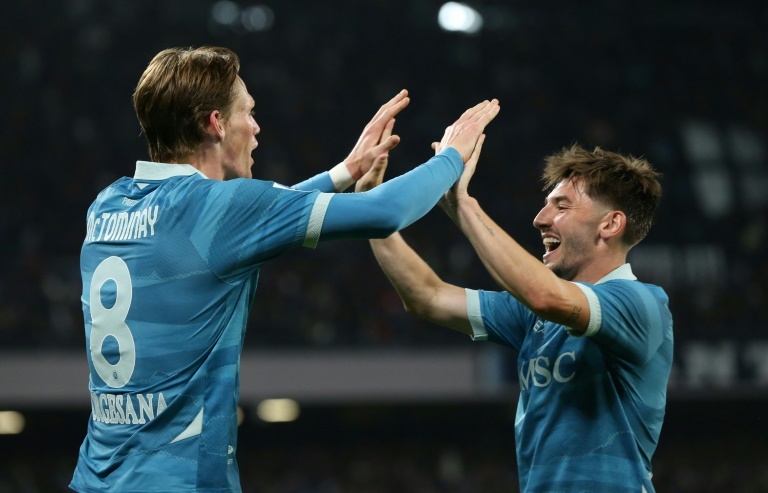
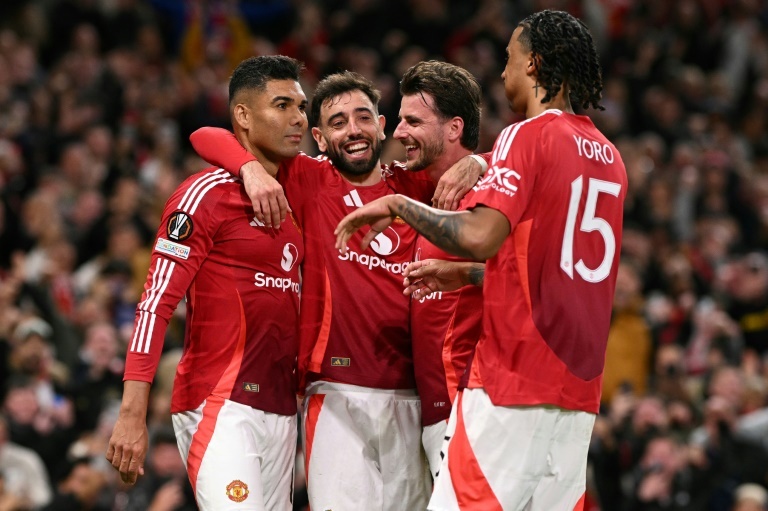
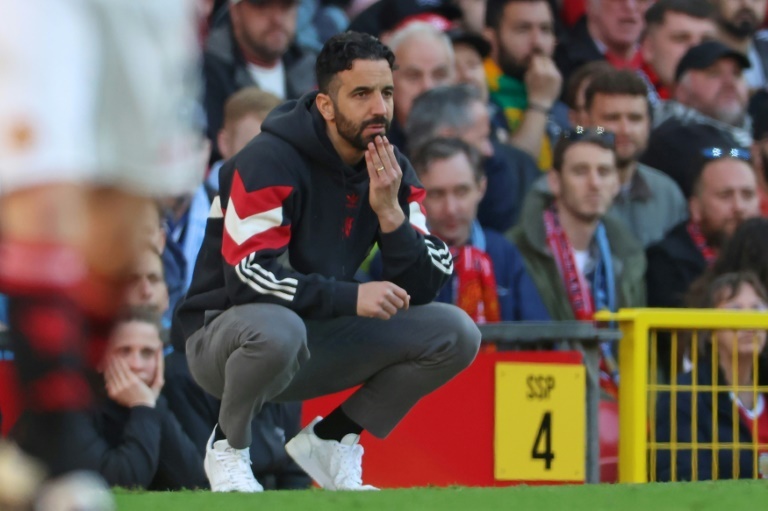
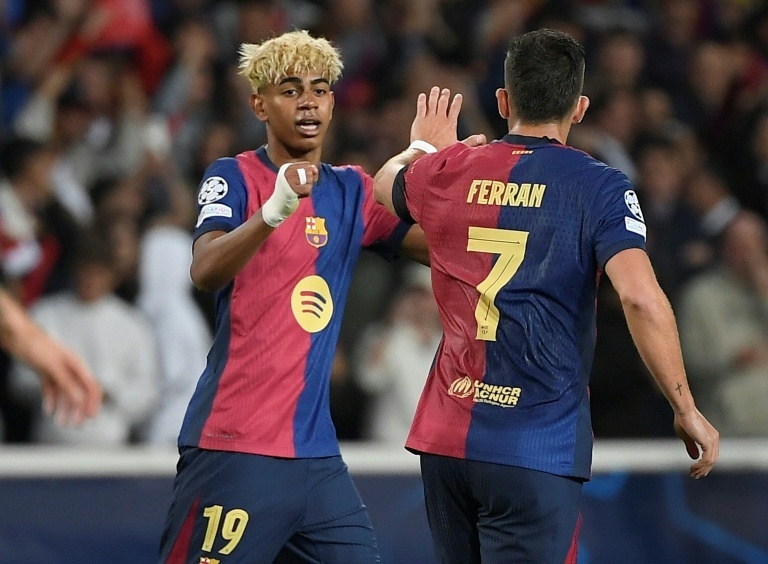
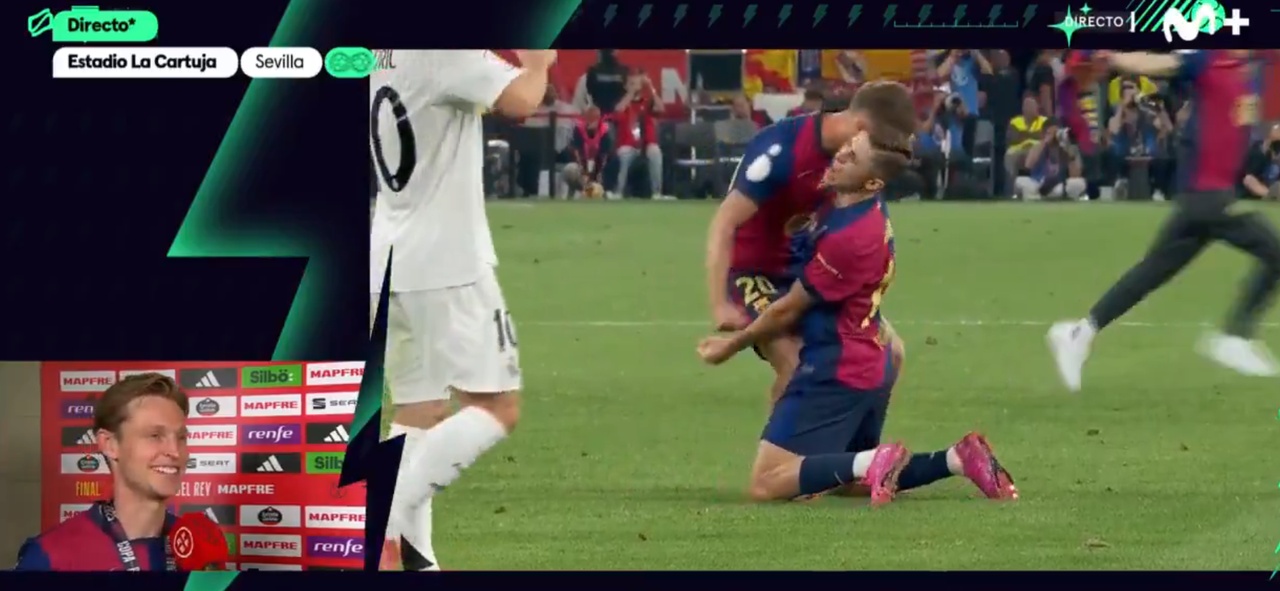
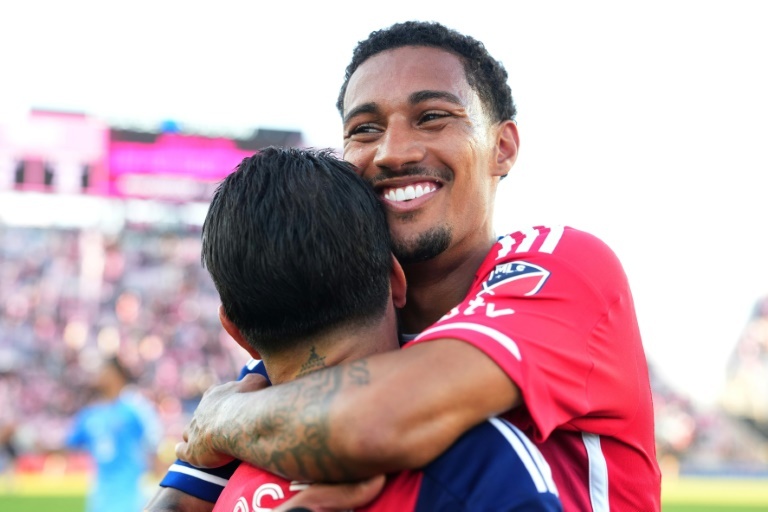
Comments